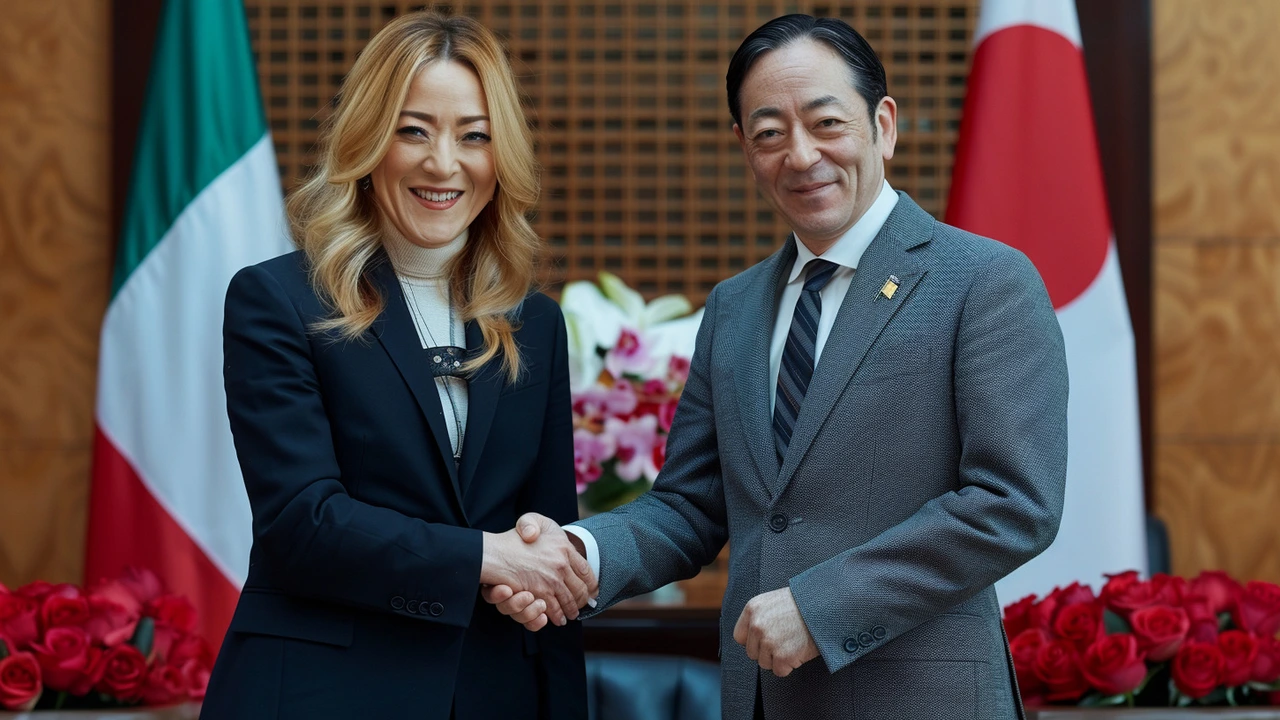Diplomacy: Ceasefires, back-channel talks and what they mean
Want the real story behind headlines about ceasefires, mediators and diplomatic deals? This tag collects clear, up-to-date reporting and analysis about how countries, leaders and organizations talk — and sometimes clash — behind closed doors. Expect short explainers, timely updates and signals you can use to understand what a new deal or court ruling will actually change.
What you'll find here
We cover fast-moving diplomatic stories and the practical fallout. For example, our piece on Netanyahu’s Gaza ceasefire deal walks through who brokered talks (Egypt), which demands were on the table, and how outside players like the US influence outcomes. That helps you see whether a ceasefire is a lasting pause or a short-term fix.
We also track soft-power moves and international reactions. When a Guatemalan court sent journalist Jose Rubén Zamora back to prison, international watchdogs like Reporters Without Borders flagged the decision as a threat to press freedom. That’s diplomacy too — governments respond to foreign criticism, aid can be affected, and relations shift based on these rulings.
Diplomacy isn’t only about treaties. Economic policy and tech rules shape ties. Our China crypto piece explains how Beijing’s push for a digital yuan and tighter crypto rules is changing where businesses park crypto operations — and why countries like South Korea are trying to lure them.
How to follow diplomacy coverage
Want to keep up without getting lost in jargon? Start with who the mediators are — states, the UN, regional bodies or private envoys — because they often set the timeline. Check official statements (foreign ministries, spokespersons) and then read reporting that compares those statements to actions on the ground. Look for concrete markers: release of hostages, lifting of sanctions, aid access, or troop withdrawals.
Read the context. A deal that looks positive in one story may be politically risky at home. Our reporting highlights domestic angles — party splits, upcoming elections, or legal problems — that make promises hard to keep. And follow independent groups: human-rights NGOs, press watchdogs, and local reporters who often spot gaps between agreements and reality.
Practical tips: set alerts for key names and places, scan for official documents linked in stories, and watch timelines (what happened before and after a deal). If you care about humanitarian outcomes, track whether aid corridors open and whether displaced people can return — those are quick measures of whether diplomacy works for real people.
Bookmark this tag and use it when a big diplomatic headline breaks. We aim to cut through spin and show the levers, the risks and the likely next steps — so you can understand not just what happened, but what comes next.
Want faster updates? Subscribe to Desert Rose Daily or follow our diplomacy feed for push alerts when a major negotiation, court decision or ceasefire announcement drops.

